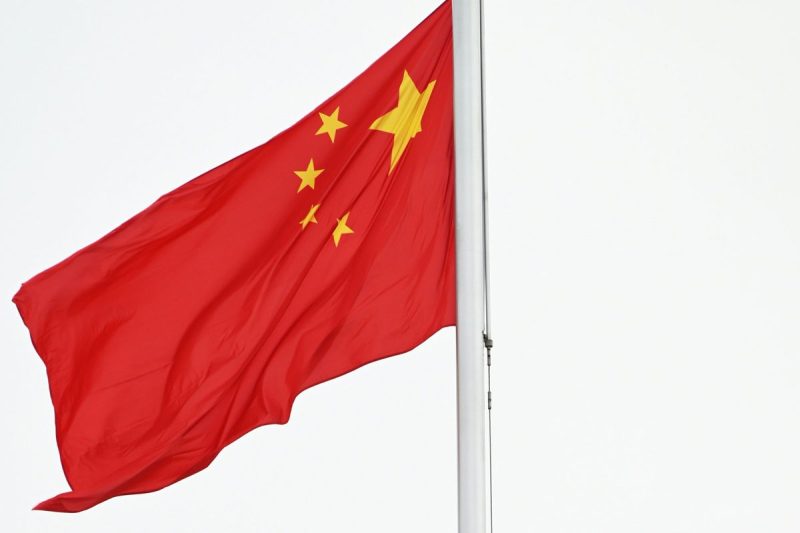China Tightens Grip on Strategic Minerals with New Antimony Export Controls
The recent implementation of new export controls on antimony by China marks a significant move in the country’s strategy to tighten its grip on strategic minerals and reaffirm its dominance in the global market. Antimony, a chemical element primarily used as a fire retardant and in the production of various products, has become a focal point for China due to its critical importance in several key industries, including electronics, plastics, and automobile manufacturing.
China’s decision to impose stricter export controls on antimony comes at a time when the country has been increasingly focused on securing its supply chains and reducing its dependence on foreign sources for critical minerals. By restricting the export of antimony, China aims to not only safeguard its own reserves but also maintain a strong bargaining position in the global trade of strategic minerals.
The move is likely to have far-reaching implications for the global market, as China is the world’s largest producer of antimony, accounting for a significant portion of the total global supply. The new export controls are expected to limit the availability of antimony in the international market, leading to potential supply shortages and price fluctuations.
One of the key reasons behind China’s tightening grip on antimony is its strategic significance in military applications. Antimony is a crucial component in the production of military equipment, including armor-piercing bullets and missiles. By controlling the export of antimony, China can bolster its military capabilities and ensure a stable supply of this critical mineral for its defense industry.
Moreover, the new export controls on antimony also align with China’s broader geopolitical ambitions. As the country seeks to assert its influence on the global stage, securing control over key resources like antimony is essential to maintain its economic and strategic dominance. By restricting the export of antimony, China can strengthen its position as a major player in the global economy and exert greater control over critical supply chains.
The implications of China’s new antimony export controls extend beyond the economic realm. As countries around the world grapple with the challenge of securing critical mineral supplies for their industrial and defense needs, the move by China underscores the importance of resource security in an increasingly interconnected and competitive global landscape.
In conclusion, China’s decision to tighten its grip on strategic minerals by imposing new export controls on antimony reflects its strategic priorities and underscores its determination to assert control over key resources on the global stage. The implications of these export controls are likely to be significant, impacting global supply chains and strategic dynamics in various industries. As China continues to reinforce its dominance in critical mineral markets, other countries will need to adapt to the evolving geopolitical and economic landscape shaped by China’s resource policies.
